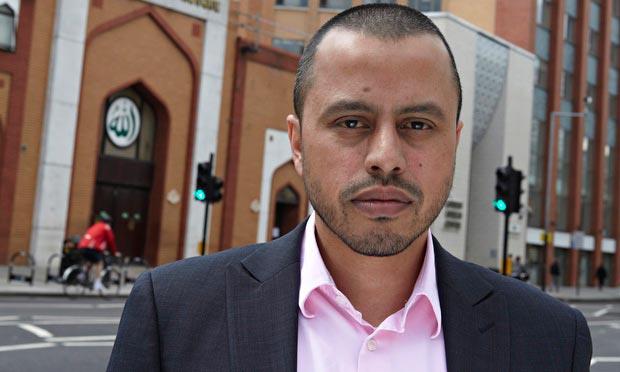Extreme Anti-Terrorism Strategies May Let Youth Fall Prey to Extremist Preachers

"They need to be talking to us and others to understand what it is that's leading these boys down this route," Harun Khan, deputy secretary general of the Muslim Council of Britain (MCB), told the Guardian on Monday, September 1.
"Part of the problem is the constant talk of legislation, harassment and monitoring, stripping people of their passports.”
"This is what's leading young people towards radicalism," Khan added.
The MCB official said that the new announced measures by PM David Cameron aimed at widening the gap between the government and the Muslim community.
Cameron outlined on Monday, September 1, a new plan to tighten anti-terror measures in the UK, giving police temporary power to seize passports of suspected Iraq and Syria-bound Islamist fighters.
Under the new measures, plans to block suspected British terrorists from returning to the UK will be drawn up on a "cross-party basis" and terrorism prevention and investigation measures (Tpims) will be extended, to include the power to relocate suspects.
Moreover, terrorists will be required to undergo de-radicalization programs and airlines will be forced to hand over more information about passengers travelling to and from conflict zones.
Deeming it a step towards marginalizing several young British Muslims, Khan of MCB stressed that the new anti-terrorism strategies may let youth fall a prey to extremist preachers.
"This is really unprecedented in what we're seeing right now with young people," Khan said.
"People are watching the news and thinking: 'These people are getting slaughtered, I need to do something'. Now we've put all these people out of the country and we're saying you can't come back in."
MCB leaders have urged the government to reopen dialogue and consultation on countering terrorism programs with the UK's biggest Muslim organization.
Source: On Islam



